Uncommon Ground
Uncommon Ground
AIATSIS
Couldn't load pickup availability
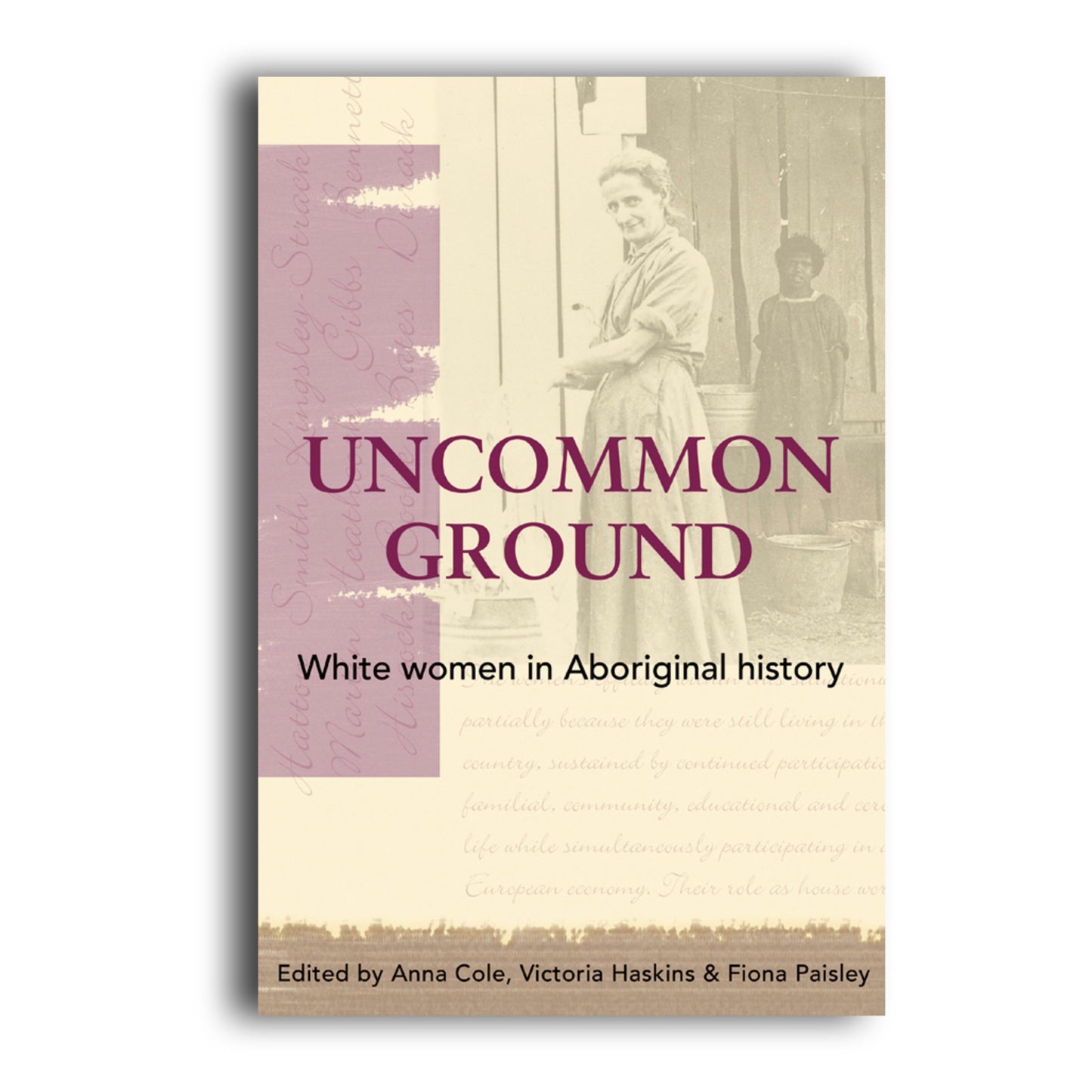
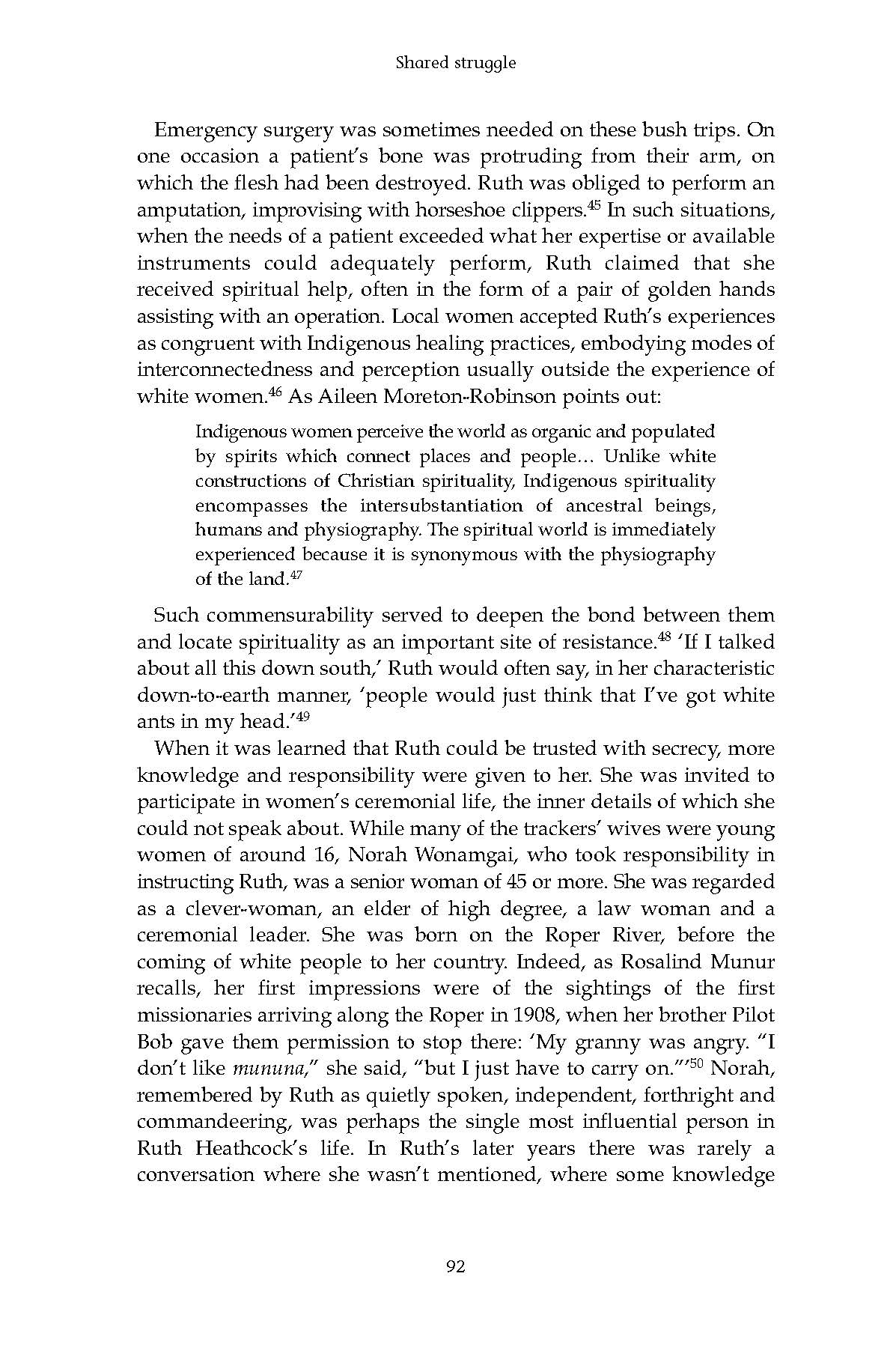
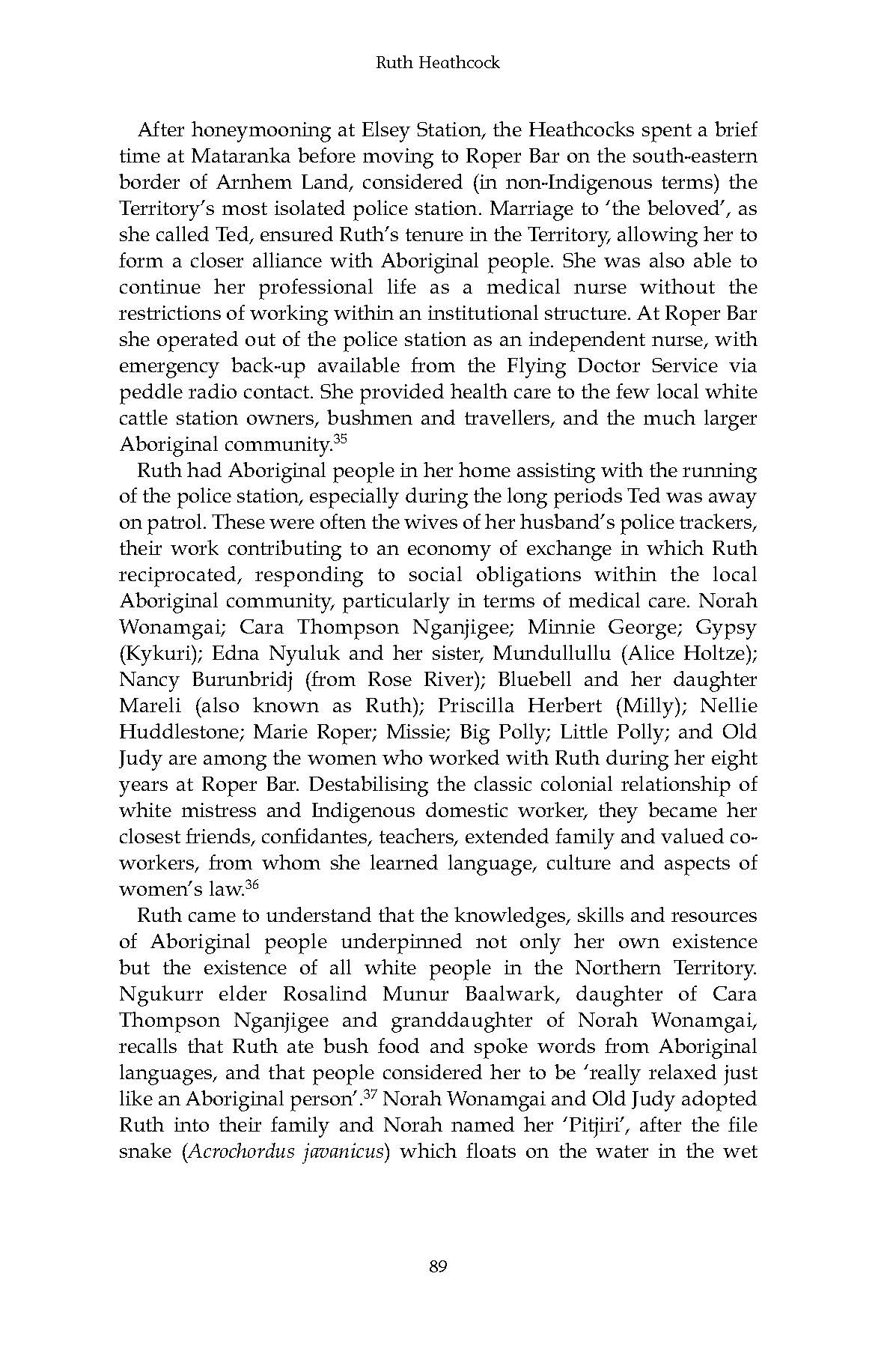
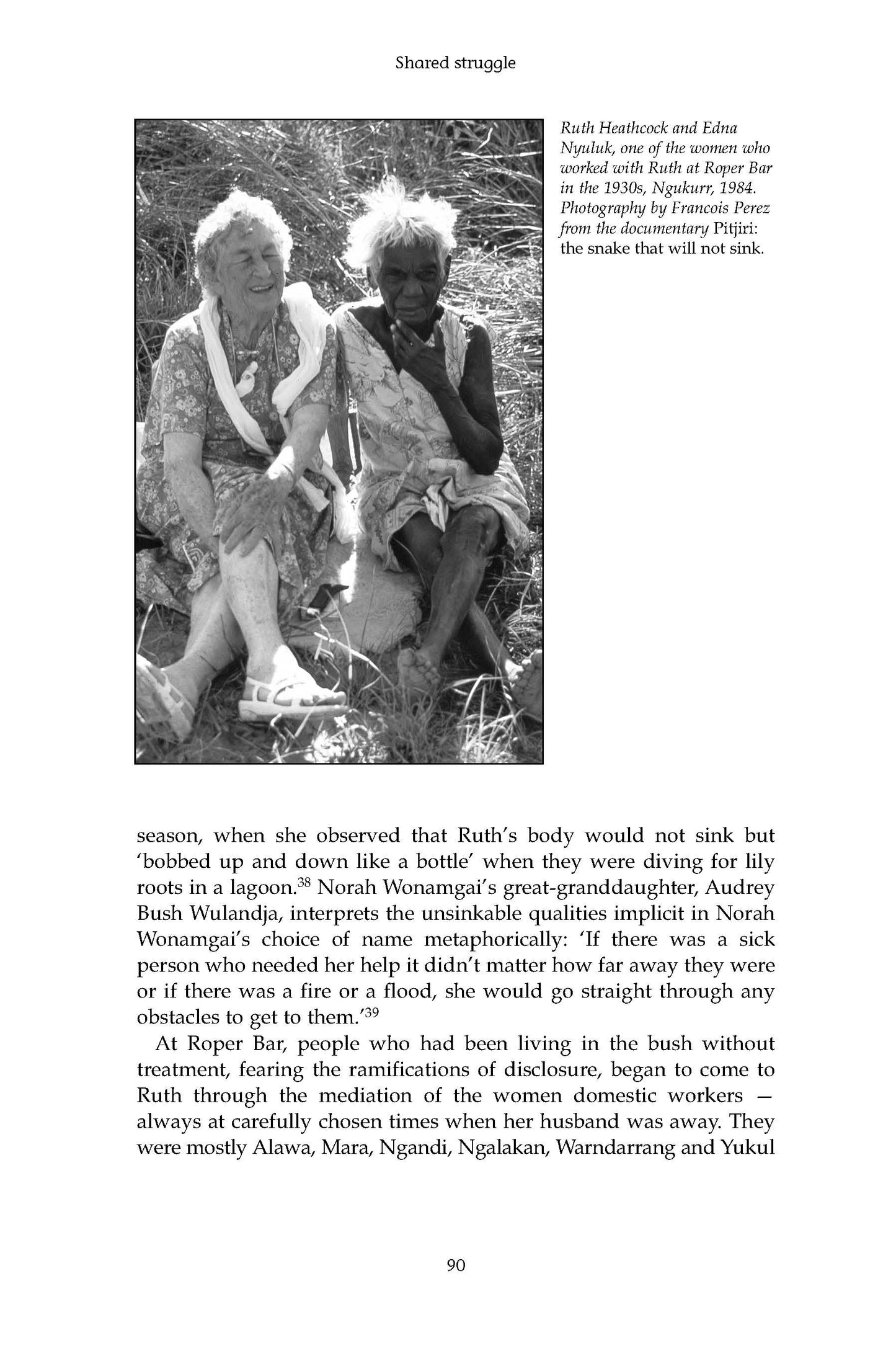
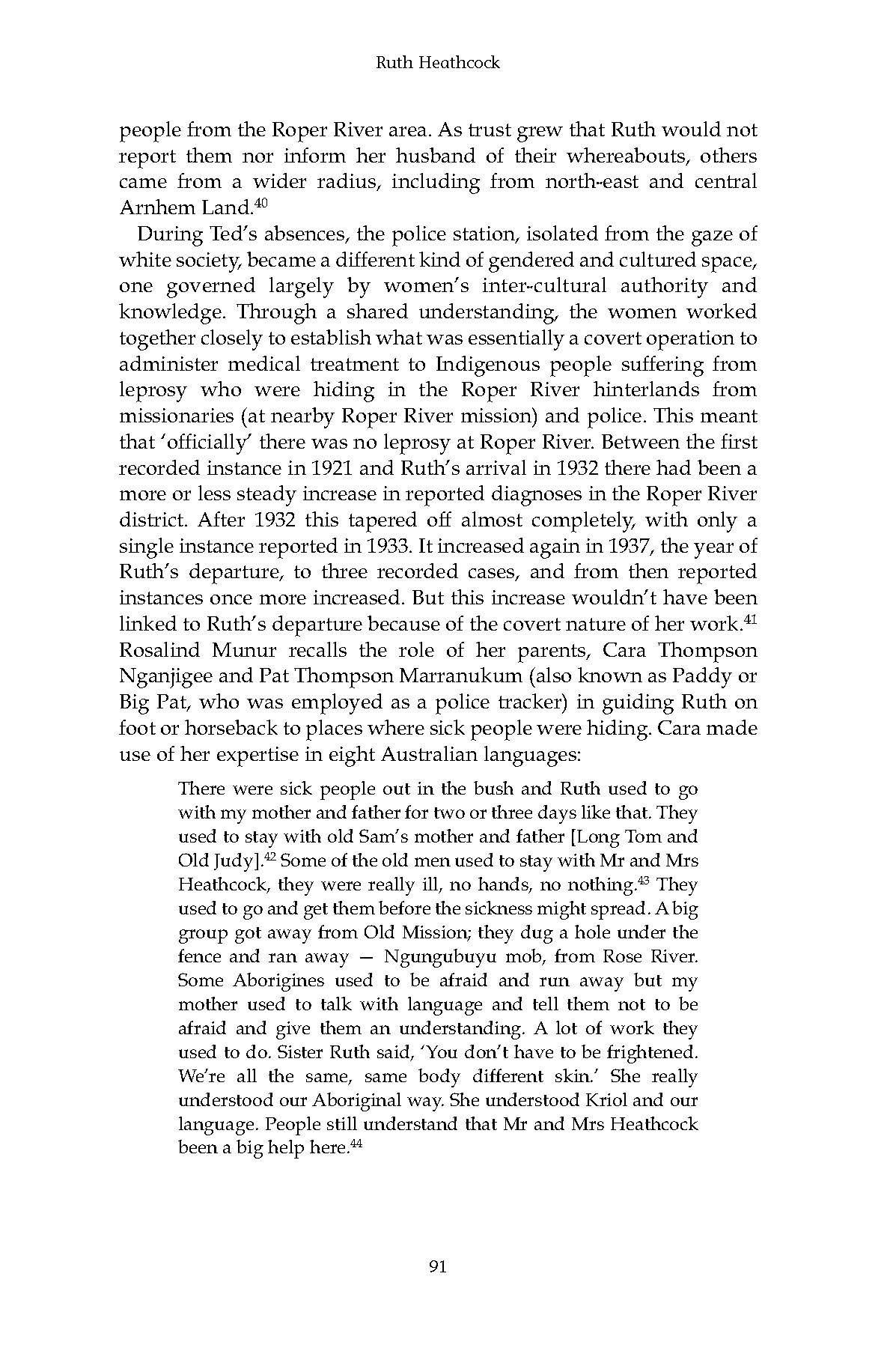
Uncommon ground brings together a unique collection of essays about the complex roles played by white women in Australian Indigenous histories. It showcases some of the latest and most interesting work in Australia on gender and cross-cultural history.
Each chapter highlights the work of a woman involved in Aboriginal issues, and with Aboriginal people, in a particular historical context. They include unknown and prominent public figures, activists, writers, and workers in missionary groups and administration (for instance Mary Bennett, Elizabeth Durack and Elizabeth McKenzie-Hatton), as well as leading Aboriginal woman activist (Pearl Gibbs) who worked closely with contemporary white feminists.
The four thematic parts include: 'The home front': personal and domestic relationships, highlighting the prominence of the 'home' as institution as well as refuge in such cross-cultural relationships; 'Shared struggle': collaborative relationships; 'Public lives': addressing white women who took on public roles with regard to Aboriginal issues; and 'Knowing the Aborigines': the ambiguous roles played by white women who claimed the knowledge to represent Aboriginal people and issues, and who have had various impacts upon Aboriginal histories as a result.
These lively and critical biographical studies trace the motivations, actions and impact of these women. The Indigenous and non-Indigenous contributors, both women and men, engage with some difficult yet fascinating questions of race, gender and identity in Aboriginal history
Production Details
- Paperback
- 230mm x 155mm x 15mm
- 28pp
- Released April 2005
- ISBN 9780855754853
Contents
Illustrations
The contributors
Preface
Part 1 On the home front
Chapter 1: ‘Light in the darkness’- Elizabeth McKenzie Hatton
Chapter 2: ‘The mother of the home’- Jennie Parsons Smith
Chapter 3: ‘A devotion I hope I may fully repay’- Joan Kingsley-Strack
Part 2 Shared struggle
Chapter 4: ‘Same bodies, different skin'- Ruth Heathcock
Chapter 5:‘Never forgotten’- Pearl Gibbs (Gambanyi)
Part 3 Public lives
Chapter 6: ‘Whatever her race, a woman is not a chattel’ Mary Montgomery Bennett
Chapter 7. ‘Would have known it by the smell of it’- Ella Hiscocks
Chapter 8. ‘For a brighter day’- Constance Ternent Cooke
Part 4 ‘Knowing’ the Aborigines
Chapter 9. ‘Bye and bye when all the natives have gone’- Daisy Bates and Billingee
Chapter 10. ‘A glorious thing is to live in a tent in the infinite’- Daisy Bates
Chapter 11. ‘I drew very close to these men, sharing their dilemma…’- Elizabeth Durack
Chapter 12. ‘To put on record, as faithfully as possible’- Catherine Martin
References
Index
About The Author
Anna Cole is a postdoctoral fellow at the Centre for Public Culture and Ideas at Griffith University in Queensland, Australia.
Victoria Haskins FAHA is a Professor of History in the School of Humanities, Creative Industries, and Social Sciences. She is a member and former founding director of Purai Global Indigenous History Centre. As a historian of Indigenous and women's cross-cultural histories, her key research interests are in gender, domestic labour, and colonialism. She has held a number of awards and fellowships, including an ARC Future Fellowship (2009-13), the NSW Centenary of Anzac Commemoration History Fellowship (2014-18), the Birkbeck Institute for the Humanities Fellowship (2017), and a Distinguished Scholar fellowship at the Graduate Center, CUNY (2023). She served a member of the Australian Research Council's College of Experts (2020-22) and is a member of the Council for the Australian Academy of the Humanities (2023-25).
Fiona Paisley is a senior lecturer at Griffith University in Queensland, historian of internationalist, progressive and humanitarian campaigns in interwar Australia. Her focus is on the ways in which the practice and morality of settler colonialism in Australia and the Pacific was debated by white and Indigenous networks with links into Britain and Europe in the era of the League of Nations. She has written on enslaved and unfree labour, women's rights agendas, and educational reform in the context of transnational organisations meeting in Australasia and the Pacific and in London, and their local implications.
About The Cover
Cover illustration: Jennie Smith working as the matron, at Manunka, South Australia. Photo Gretta Matthews Sorrelle Smith, North Rockhampton







